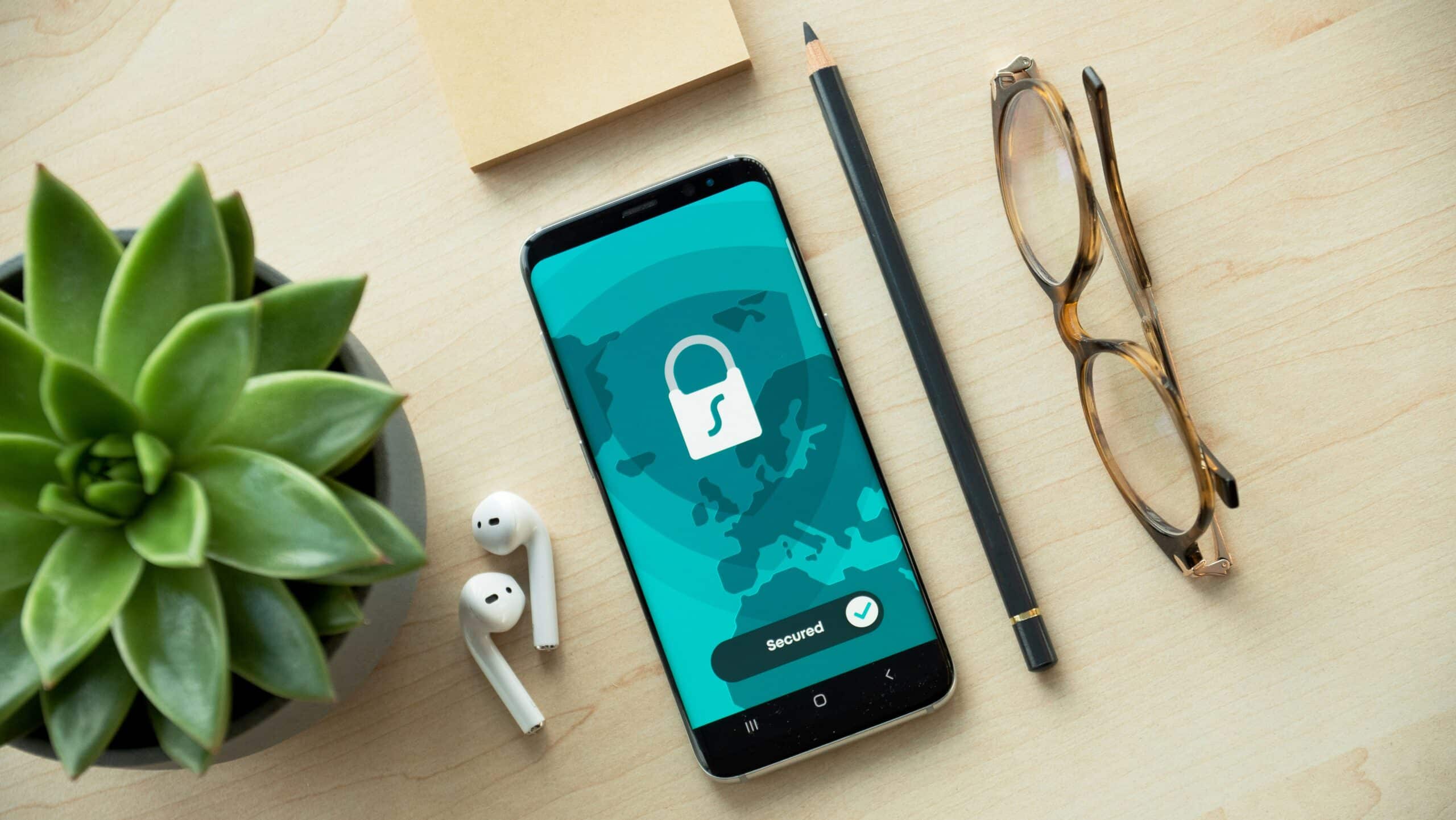Last Updated on May 21, 2024 by Arnav Sharma
Staying safe looks very different in the digital age when compared to the steps we take in real life. While technology has made everything easier for us, it has also opened a door to all of our information.
After all, covering our PIN code with our hand whilst inserting it doesn’t apply to the online world. Luckily, there are plenty of ways you can protect yourself and all of your sensitive data. And we’ll explore how to do just that below.
Using Cryptocurrencies for Payments
No longer just a passing fad, it seems that cryptocurrencies are here to stay for the long run. And this is not just all talk, as there are several companies outside of the tech sphere that are now implementing crypto as a payment option, securing its place in our digital lives. Not only is this caused by its convenience but also other benefits that come along with it, including safety.
To illustrate with an example, innovative bitcoin poker in Australia has already integrated innovative approaches into poker variants, such as PLO, Texas Hold’em, and Omaha Hi/Lo. Within these poker games, sites like Ignition offer a range of cryptocurrency options, including the original Bitcoin, as well as popular alternatives such as Ethereum, USD Tether, and Litecoin. These digital currencies are automatically converted to their Australian Dollar equivalent upon deposit, ensuring that your casino account balance remains unaffected by market volatility.
The adoption of cryptocurrencies in online poker rooms and casinos has allowed users not only to enjoy encrypted faster transactions at lower costs but has also appealed to those who want to safeguard their personal details. This is because crypto is a decentralized asset, meaning it is not controlled by any government or banking authority.
Thus, it makes privacy and anonymity one of the biggest benefits of crypto. So when you pay for services such as poker, you won’t have to worry about the middleman knowing what you’re doing or meddling in your private affairs. It is also practically impossible to hack a crypto wallet, especially a cold one, thus protecting your funds even further.
Securing Your Accounts, Devices and Networks
Your data is stored and accessible via both the devices you’re using and the network. This means you should put a lot of focus on securing them to minimize the chances of a successful cyberattack.
The very first step you should take is setting up strong passwords for all of your accounts and devices. There are plenty of tools that you can use to help you with this, and even Google Chrome automatically offers you the option to generate a secure password for you. In general though, you should avoid anything that can be easily found or guessed, such as birthdays, family or pet names, and addresses.
Also, making sure that every single account and device has a different password will help you avoid the domino effect of more than one account getting compromised. You should also implement two-factor verifications wherever you can, as this will add an extra layer of safety and make it that much harder to hack.
Next, you should keep every device updated not only with the latest software patches but also with security updates. This is because tech companies make it a priority to safeguard your data, but keeping your device outdated makes it much more vulnerable and easily exploited. And if your device is old enough that it is no longer supported, we’d highly recommend saving up on a new one.
Downloading a reliable anti-virus is another must to help keep your device protected as it can scan for malware and inspect your network along with other liabilities. Moreover, it can stop you from proceeding to an infected link should you not notice its potential danger.
If possible, you should opt for a fully paid one that includes all of the necessary features to keep you safe. However, if your budget doesn’t allow for this expense, even one like Avast which offers some basic options for free is better than nothing.
When it comes to just your network, especially public Wi-Fi networks, the best way to protect yourself is by using a VPN. Some great options include Surfshark VPN, which offers also an antivirus option in a bundle with the VPN, NordVPN, and ExpressVPN.
Educating Yourself on Cybersecurity
Knowledge is power, and it couldn’t be more true when it comes to cybersecurity. Doing all of the above will only help you to a certain extent, without knowing what you should avoid and understanding why, you could easily fall prey to various cyberattacks.
The sheer amount of data available online for free on the most common tactics to steal your information and how to identify them will make it much easier to steer clear of this. Not utilizing this invaluable information will almost put you at fault if anything bad happens with your data.
Plus, you can easily stay informed about the latest potential cyber threats and how to prepare for them via reputable sources found on cybersecurity blogs. Even taking an online course about cybersecurity on platforms like Udemy can make a big difference.
Conclusion
Outsmarting a potential hacker or cyberattack may seem daunting and unnecessary, after all, why would they want to target little old you specifically? Well, in the digital world, we are all rendered equal and we’re more accessible than ever before. As such, you should treat your digital safety with as much care as you would with your information in real life.
